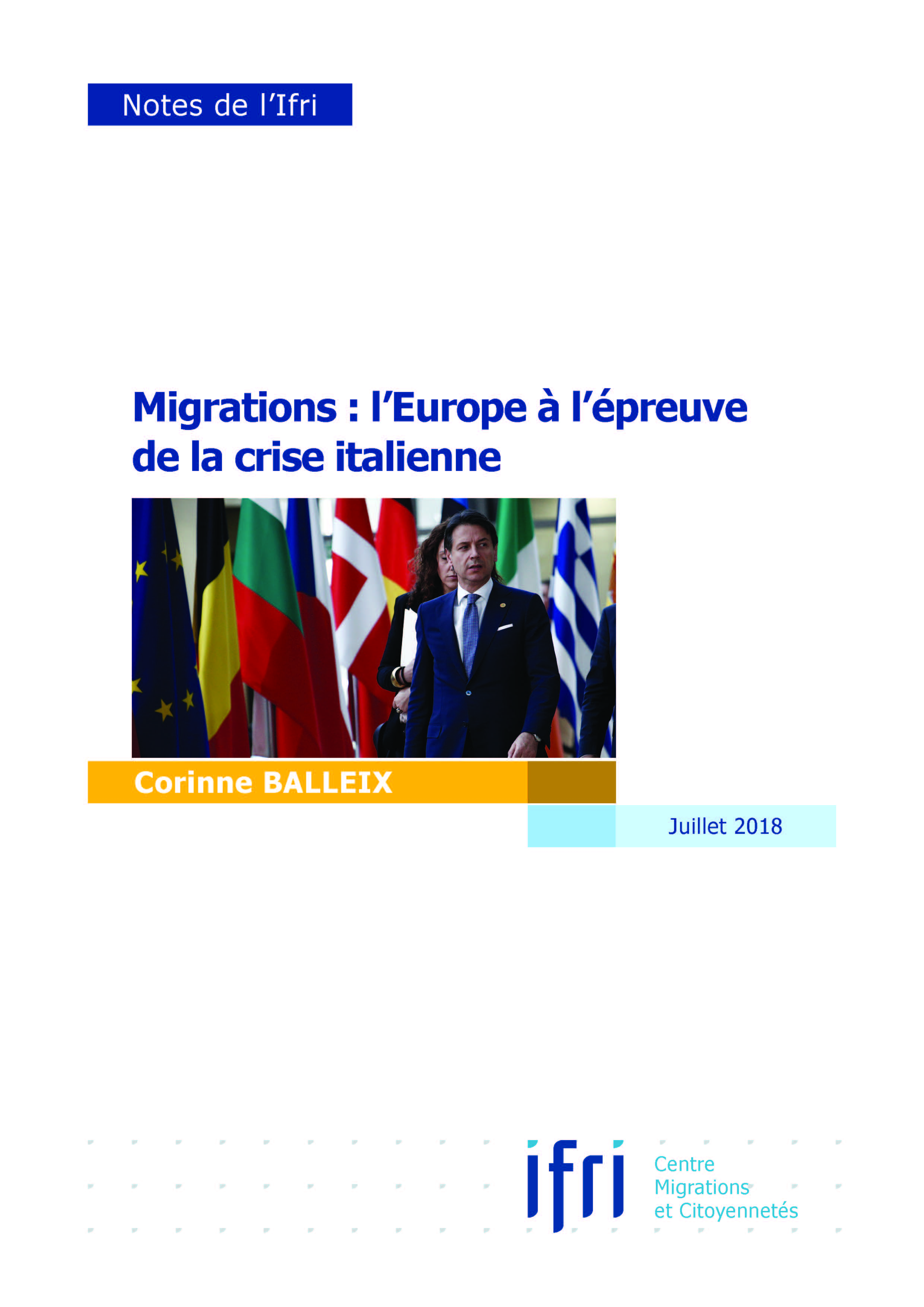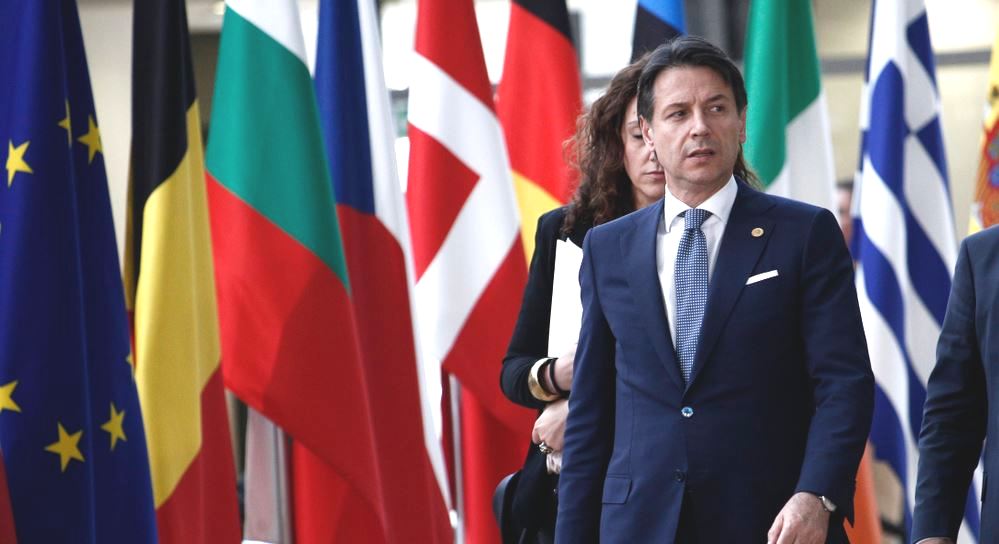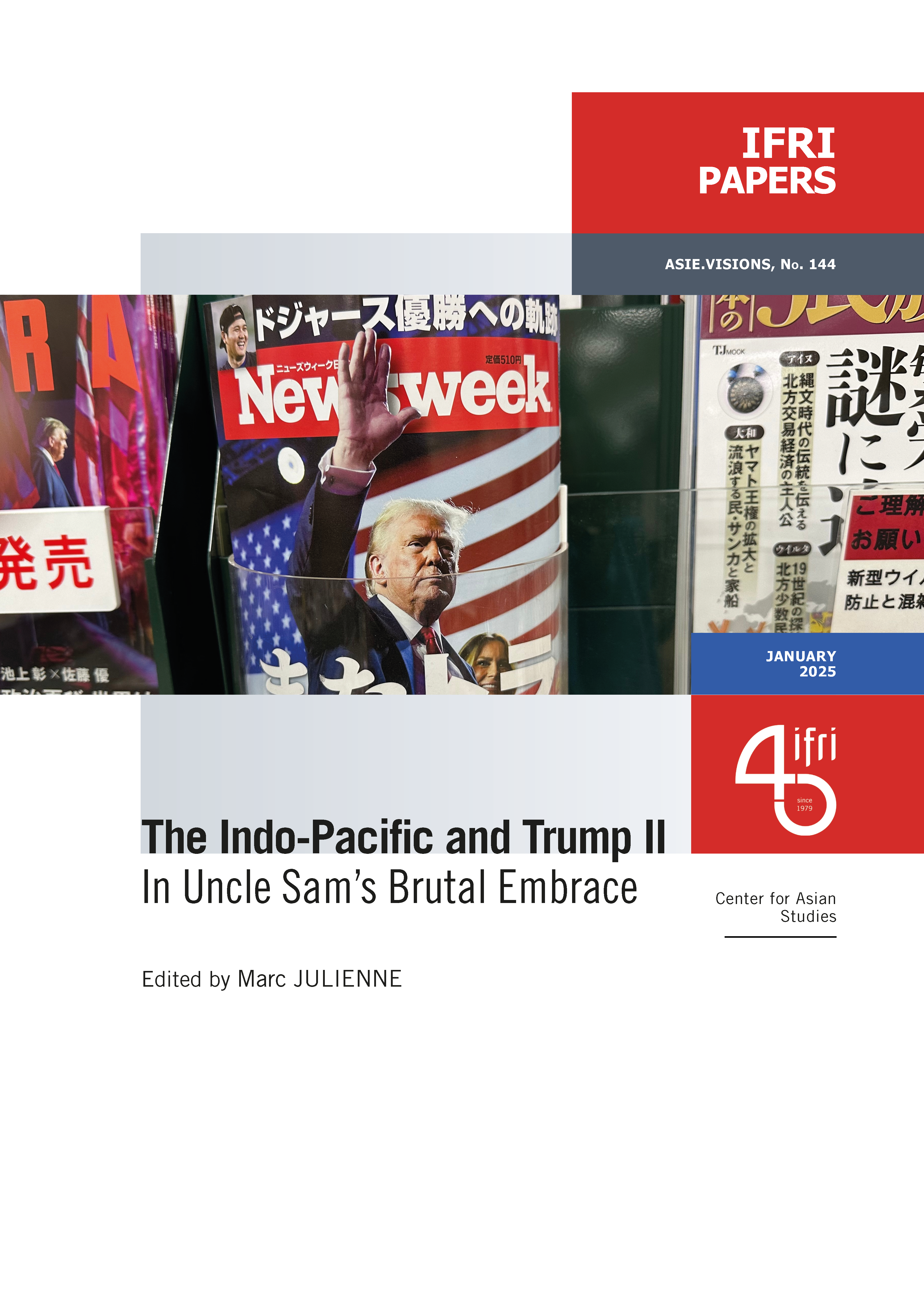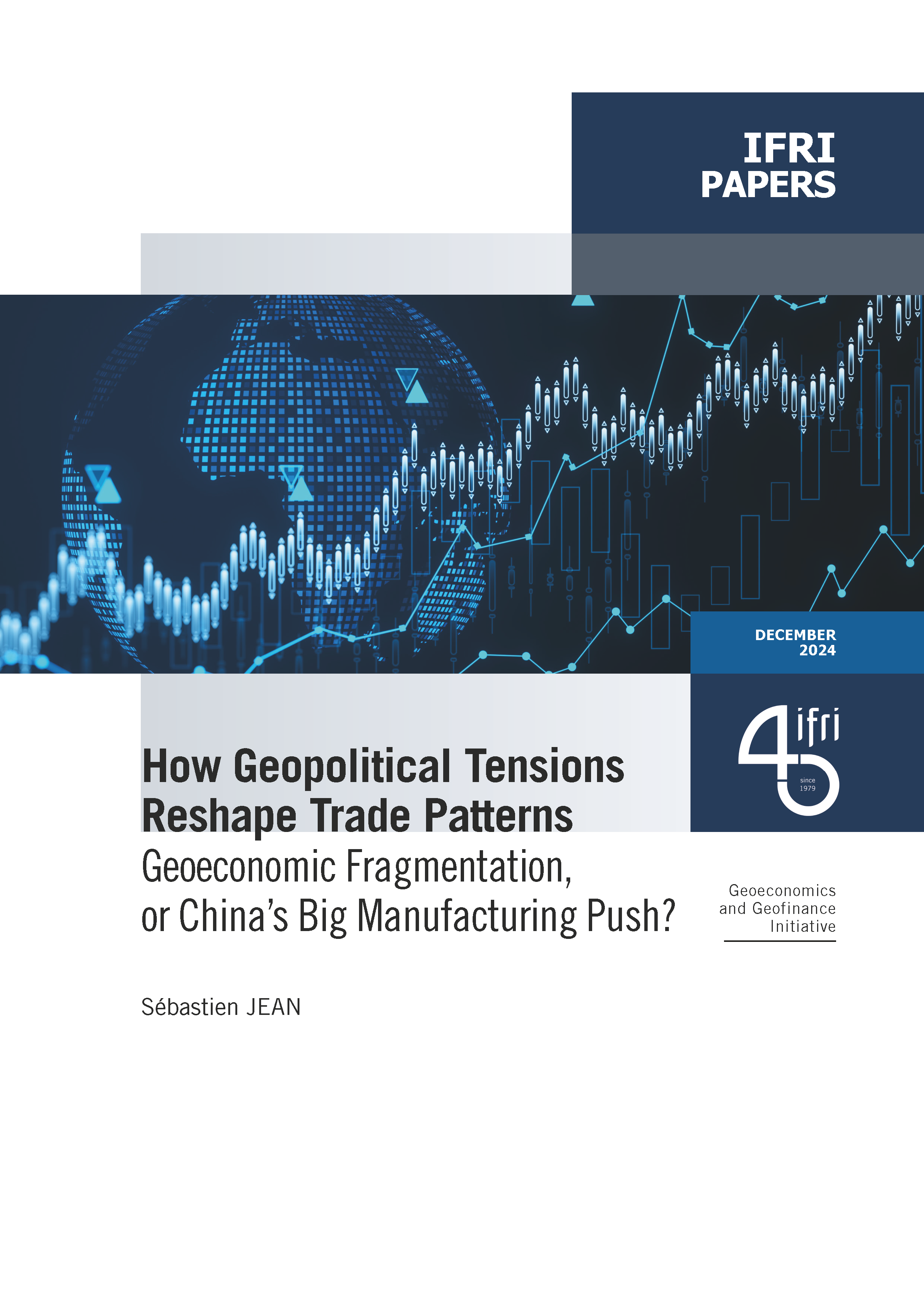Immigration: Europe in the Face of an Italian Crisis

Since the Italian election held on March 4th, 2018, immigration policy has become a hotter-than-ever issue both at national and European level. The Aquarius incident has brought to light the question of European solidarity regarding immigration issues.

However, the topic is not new. As early as 2011, Italy experienced an influx of immigrants in the aftermath of the Arab Spring, which gave rise to heated debates in Italy and throughout Europe. In spring 2017, a new wave of arrivals provoked another round of European-wide discussions and additional responses. The Italian and European political crisis triggered by the immigration issue stands in inverse proportion to the flows of irregular immigration in Italy, which has decreased sharply compared to the same period of 2017, but this can be explained by the significant number of immigrants that are currently staying on the Italian territory. The immigration issue has therefore become both a symptom and a key to the broader political crisis that the European Union (EU) is confronting.
The aim of this policy paper is to highlight the intensification of intra-European tensions, since 2011, which is linked to the lack of European solidarity on immigration, by analyzing the weaknesses of the major European responses to the demands from Italian authorities.
Indeed, long-lasting European difficulties in building solidarity among member states regarding immigration issues has led to the temptation to replicate some of the solutions used during the 2015-2016 crisis in Greece, as part of the EU-Turkey Joint Declaration, by developing the external tools of its immigration policy. Nevertheless, these external tools risk of undermining the respect of fundamental rights of immigrants, as well as the values and the image of Europe in the world, without fully responding to the Italian demands for solidarity – Italy has become even more entrenched in its position and the country is now forging an alliance with other member states of first entry. All of this carries substantial political costs to the future of the EU and demonstrates that an internal solidarity on immigration should remain a fundamental component of the European immigration policy in order to preserve freedom of movement within the Schengen area, the political unity and the values of the EU.
This policy paper is only available in French: Migrations : L'Europe à l'épreuve de la crise italienne





